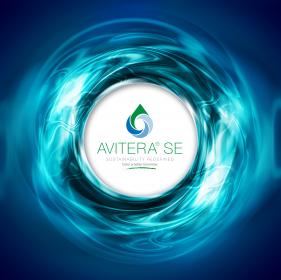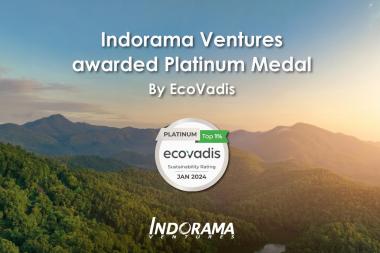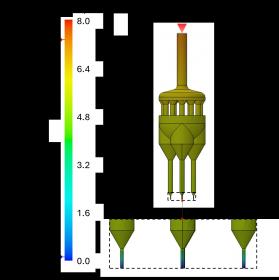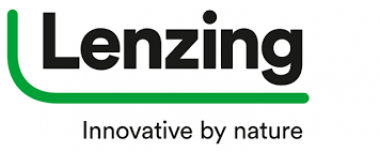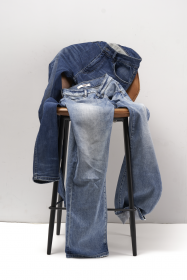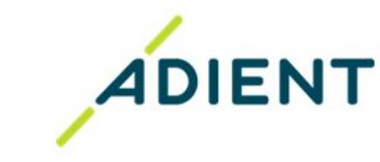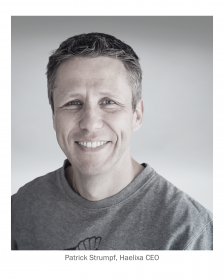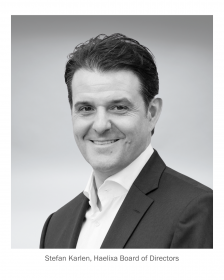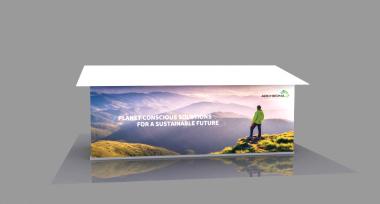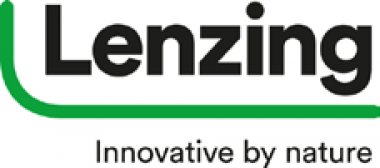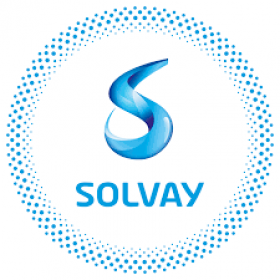Lectra: Financial statements for 2023
- Revenues: 477.6 million euros (-6%)
- EBITDA before non-recurring items: 79.0 million euros (-15%)
- Net income: 32.6 million euros (-26%)
- Free cash flow before non-recurring items: 45.3 million euros
- Dividend: €0.36 per share
Lectra’s Board of Directors, chaired by Daniel Harari, reviewed the consolidated financial statements for the fiscal year 2023. Audit procedures have been performed by the Statutory Auditors.
Currency changes between 2022 and 2023 mechanically decreased revenues and EBITDA before non-recurring items by 3.9 million euros (-3%) and 1.7 million euros (-8%) respectively in Q4, and by 11.2 million euros (-2%) and 4.8 million euros (-6%) respectively in the year, at actual exchange rates compared to like-for-like figures.
OUTLOOK
While the 2023 full-year results were affected by the adverse environment, they also attest to the substantial improvement in the fundamentals of the Group's business model, which will have a positive impact on 2024 results. Persistent macroeconomic and geopolitical uncertainties could nevertheless continue to weigh on investment decisions by the Group's customers.
While the most recent indicators seem to suggest that the situation is unlikely to deteriorate further, the timing and magnitude of a rebound in new system orders remain uncertain.
Outlook for 2024
To facilitate analysis, the accounts of Lectra excluding the Launchmetrics acquisition ("Lectra 2023 Scope") will be analysed separately from the Launchmetrics accounts in 2024.
The Group has based its 2024 objectives on the exchange rates in effect on December 29, 2023, in particular $1.10/€1. When converting 2023 results using the exchange rates retained for 2024, 2023 revenues are mechanically reduced by 4.7 million euros (to 472.9 million euros) and 2023 EBITDA before non-recurring items is reduced by 2.2 million euros (to 76.8 million euros). Thus, for the Lectra 2023 Scope, the comparisons between 2024 and 2023 printed below are based on constant exchange rates.
At this early stage of 2024, continuing low visibility regarding orders and revenues from new systems makes it impossible to predict the actual timing and scale of the future rebound in this area. On the other hand, visibility is high for recurring revenues, which accounted for 68% of total revenues in 2023 and will continue to grow in 2024.
In light of the above, Lectra has set as its objective for 2024, for the Lectra 2023 Scope, to achieve revenues in the range of 480 to 530 million euros (+2% to +12%) and EBITDA before non-recurring items in the range of 85 to 107 million euros (+10% to +40%).
The low end of the revenues range is based on the absence of a rebound in new systems orders, which would remain stable in 2024 relative to 2023, with a 6% decline in revenues from perpetual software licenses, equipment and accompanying software and non-recurring services, as the order backlog was lower on December 31, 2023 than a year before.
The high end of the revenues range reflects a gradual rebound in new systems orders, which at year-end 2024 would be back to year-end 2022 level.
In addition, Launchmetrics revenues (for the consolidation period from January 23 to December 31) are projected to be in the range of 42 to 46 million euros, with an EBITDA margin before non-recurring items of more than 15% (assuming an exchange rate of $1.10/€1).
Lectra

















